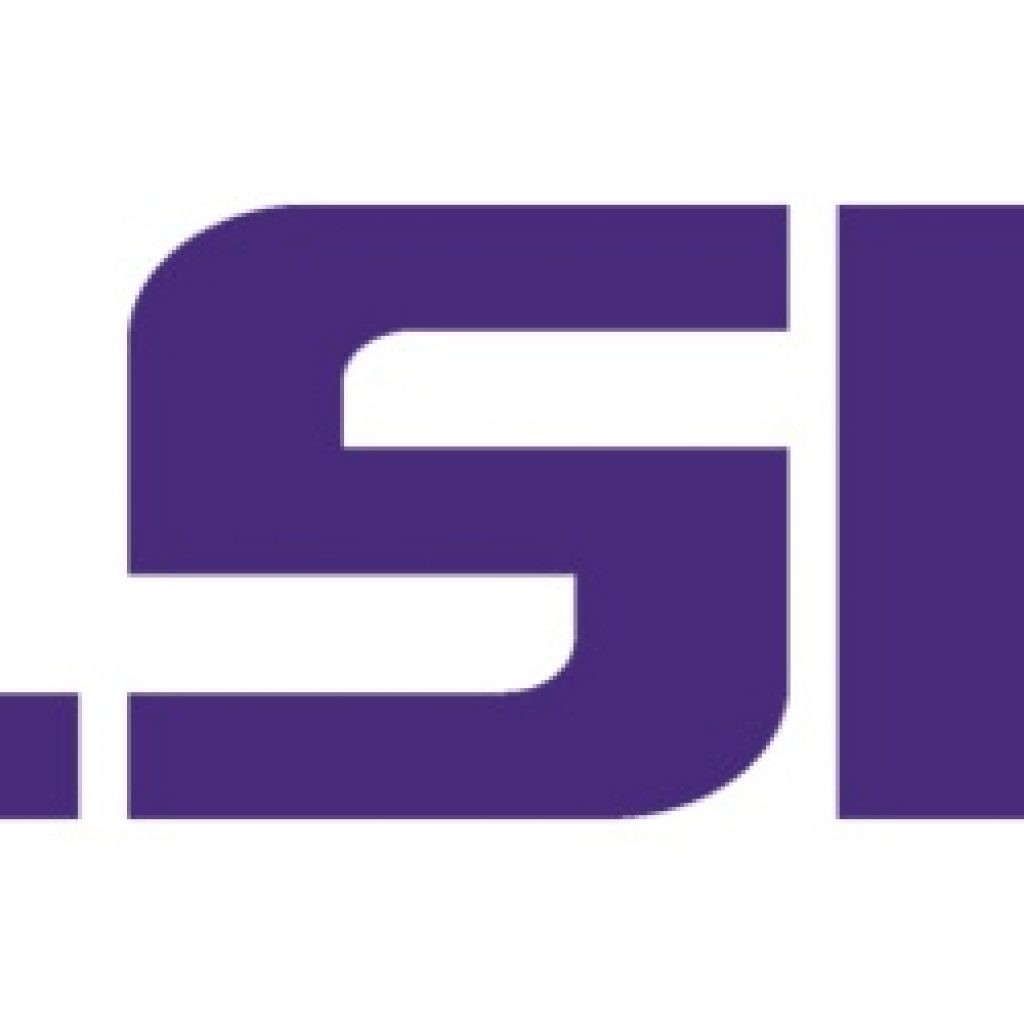(SciTechDaily) Researchers from Louisiana State University have introduced a smart quantum technology for the spatial mode correction of single photons. The researchers have exploited the self-learning and self-evolving features of artificial neural networks to correct the distorted spatial profile of single photons.
The authors, PhD candidate Narayan Bhusal, postdoctoral researcher Chenglong You, graduate student Mingyuan Hong, undergraduate student Joshua Fabre, and Assistant Professor Omar S. Magaña‐Loaiza of LSU—together with collaborators Sanjaya Lohani, Erin M. Knutson, and Ryan T. Glasser of Tulane University and Pengcheng Zhao of Qingdao University of Science and Technology—report on the potential of artificial intelligence to correct spatial modes at the single-photon level.
“One important goal of the Quantum Photonics Group at LSU is to develop robust quantum technologies that work under realistic conditions,” said Magaña‐Loaiza. “This smart quantum technology demonstrates the possibility of encoding multiple bits of information in a single photon in realistic communication protocols affected by atmospheric turbulence. Our technique has enormous implications for optical communication and quantum cryptography. We are now exploring paths to implement our machine learning scheme in the Louisiana Optical Network Initiative (LONI) to make it smart, secure, and quantum.”
“We are still in the fairly early stages of understanding the potential for machine learning techniques to play a role in quantum information science,” said Dr. Sara Gamble, program manager at the Army Research Office, an element of DEVCOM ARL. “The team’s result is an exciting step forward in developing this understanding, and it has the potential to ultimately enhance the Army’s sensing and communication capabilities on the battlefield.”
LSU Researchers Developing Self-Learning, Self-Evolving Smart Quantum Technologies for Secure Communication
